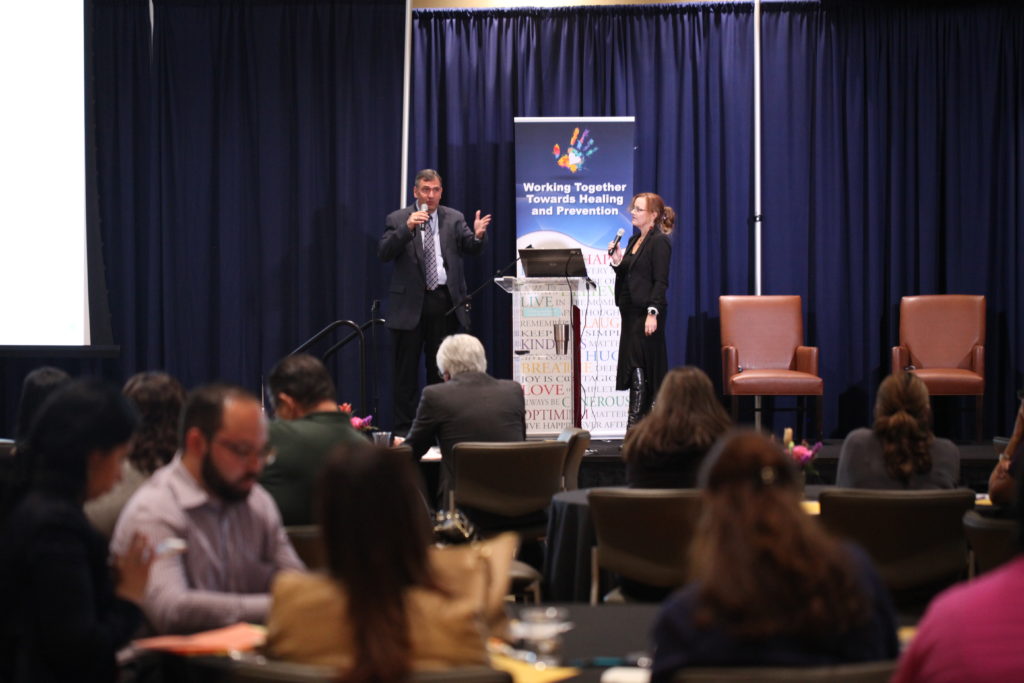
100 East Cano St.
Edinburg, TX 78539
956-292-7600
Have a question?
Give us a call.

Edinburg, TX 78539
Have a question?
Give us a call.

The Juvenile prosecutors of the Hidalgo County District Attorney’s Office are committed to the safety of our community, to the well-being of our children, and to the protection of all citizens of Hidalgo County from juvenile crime.

The Juvenile prosecutors of the Hidalgo County Criminal District Attorney’s Office review and prosecute cases involving crimes committed by children at least 10 but less than 17 years old at the time of the commission of the offense. These cases include all Felony offenses, Class A and B Misdemeanors, and offenses referred to in the juvenile system as Conduct Indicating a Need for Supervision, which includes offenses such as Runaway, Paint and Glue Inhalation, Fineable only offenses, Violation of Standards of Student Conduct, Acts Constituting Prostitution, and Electronic Transmission of Certain Visual Material Depicting a Minor.
Unlike the adult criminal justice system, which is generally punitive in nature, the focus in the juvenile justice system is on the need for public safety, and the specific rehabilitative needs of the juvenile offender.
Juvenile prosecutors review referrals from all law enforcement agencies, including school district police departments. The Juvenile prosecutors work collaboratively with the Hidalgo County Juvenile Probation Department, the Juvenile Courts, and other public and private agencies and service providers in an effort to protect the public, to promote the concept of punishment for criminal acts, and to emphasize the need for accountability and responsibility of both the parent and the child for the child’s conduct.
Often, people think of the juvenile system as a penal system similar to that of adults, but for children. While there are similarities between the two, there are also differences. The adult system focuses on public safety and punishment for criminal conduct. While public safety and holding juveniles accountable for their actions are certainly considerations, the juvenile correctional system places an emphasis on rehabilitation. Even when it is necessary to incarcerate youth, the setting is not punitive but rather is protective and designed to educate youth about discipline, values, and work ethics thus guiding them toward becoming productive citizens.
For more information, please visit the Texas Juvenile Justice Department website.
A juvenile who engages in delinquent conduct can be referred to juvenile court, where several things can happen. The juvenile can be dealt with informally and returned home, or formally through the court. If the decision is made to charge the juvenile formally, the juvenile is afforded the same legal rights as an adult charged with a crime, including the right to appointed counsel if they are found indigent.
If the juvenile is “adjudicated” for delinquent conduct, there are several possible disposition options, or outcomes, as follows:
A juvenile placed outside the home can be sent to a number of facilities that can help in the rehabilitation process. Hidalgo County contracts with various substance abuse rehabilitation facilities, mental health treatment centers, trade programs, and military structured programs to help meet the needs of our youth.
A juvenile who is placed on probation (and not sent to TJJD) must be discharged from probation by the time he or she turns 18.
Upon completion of probation or stay at TJJD, some juvenile offenders are eligible to seal their records.
In certain circumstances, juvenile prosecutors can request to have a youth certified as an adult. If a juvenile is certified to stand trial as an adult, the person is transferred from the juvenile detention facility to the County jail. The offender is considered an adult for criminal purposes and will no longer be in the juvenile justice system.
In Texas, individual counties provide services to all youth referred to the juvenile courts. Counties, through their local District or County Attorney’s offices, prosecute juvenile cases. County juvenile probation departments handle most of the sanctions and therapeutic interventions the courts may impose.
In Hidalgo County, juvenile cases are currently heard in the 93rd, 332nd, 430th and 449th District Courts.
You can view detailed information about TJJD statistics in the Research & Statistics section of the TJJD website. http://www.tjjd.texas.gov/statistics/default.aspx